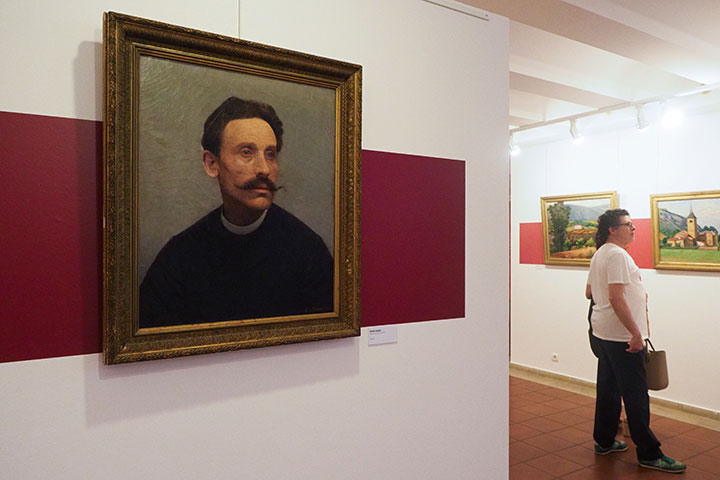A museum in southern France, which featured work by local painter Etienne Terrus, recently discovered that more than half of its collection was fake.

The Terrus Museum in Elne built a collection of mostly watercolours and oil paintings created by artists and had acquired 80 new pieces over the last five years, according to Agence France-Presse.
“Etienne Terrus was Elne’s great painter. He was part of the community, he was our painter,” the town’s mayor said on Friday. “Knowing that people have visited the museum and seen a collection most of which is fake, that’s bad. It’s a catastrophe for the municipality.”
READ MORE: Franklin expedition ships officially gifted to Canada and the Inuit people
The BBC reported the museum staff were unware they had obtained forgeries until visiting art historian Eric Forcada noticed the fakes.
“On one painting, the ink signature was wiped away when I passed my white glove over it,” Forcada said.
The museum owned 140 works of art and 82 of them were deemed by a panel of experts to be fakes, costing the town about $240,000.
Yan Walther, a forensic art expert, told the French news agency that public display of fake art is a global problem, and the Terrus Museum case is all too common.
READ MORE: Egyptian archaeologists discover 4,400-year-old tomb just outside of Cairo
The fact that there are fakes and misattributed works in museum collections is something absolutely clear and nobody with an understanding of the field has any illusions about this,” he said. “There are misattributed works in the Louvre (in Paris) in the National Gallery (in London), all museums in the world, but it is not in a proportion like 60 per cent.”
Authorities are investigating local art dealers who were involved in the acquisitions of the works.
“The whole of the local art market is rotten, from the unofficial street vendors who pitch to local private collectors up to the art dealers and the auction houses,” Forcada told AFP.









Comments